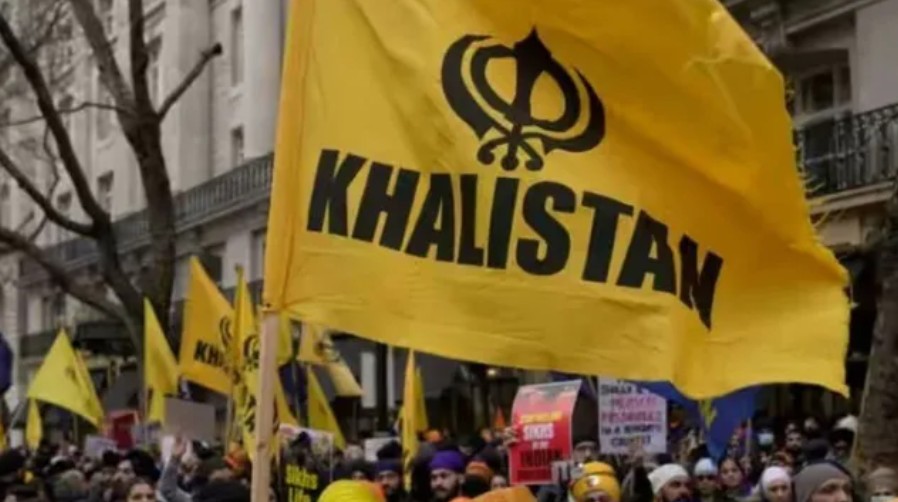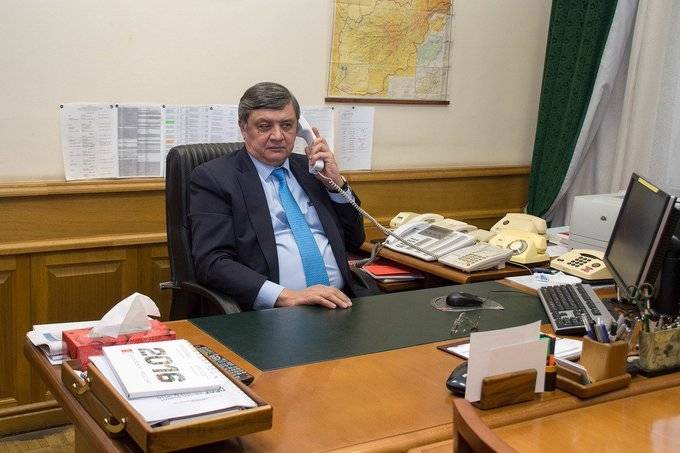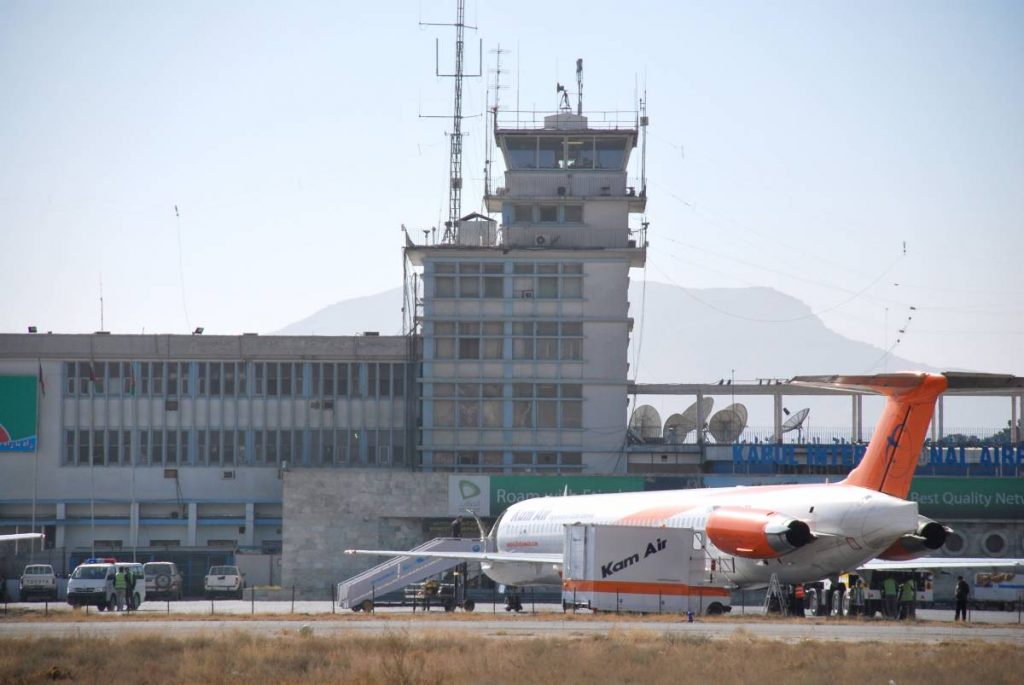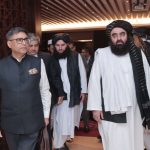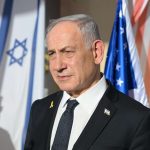CHRISTOPHER ALEXANDER: “The quickest, most cost-effective way to bring peace to Afghanistan would not take more fighting or more troops: it requires only the political will to sanction this proxy war’s sponsors.”
As Taliban’s military advances into Afghanistan cause widespread alarm, a prominent Canadian diplomat-turned-politician with deep knowledge of the Afghanistan scene has spoken up on Pakistan’s “proxy war”, enough to anger Islamabad.
“After 20 years of hard effort, the path to a ceasefire and enduring peace in Afghanistan requires collective action, by the U.S. and its allies, to end Pakistan’s proxy war,” Christopher (Chris) Alexander, Canada’s first envoy to Kabul who later became a lawmaker and minister, has said, inviting Islamabad’s wrathful rejection of his comments.
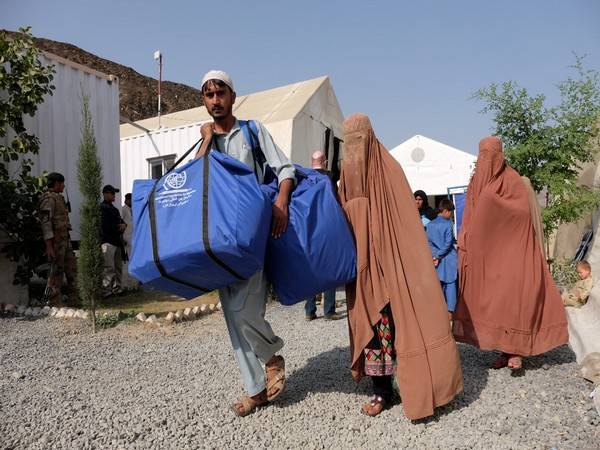
“The quickest, most cost-effective way to bring peace to Afghanistan would not take more fighting or more troops: it requires only the political will to sanction this proxy war’s sponsors.
To meet the current challenge, Alexander urges the world community to act unitedly to stop the Pakistan-sponsored Taliban campaign.
“Pakistan should be on the Financial Action Task Force (FATF) black list. Afghanistan can only be portrayed as an “endless war” – a Vietnam-like sinkhole for lives and billions – by those who ignore this last major obstacle to peace. The only “forever war” has been ISI’s decades of aggression in Afghanistan.”
“By avoiding this issue, we have prolonged Afghanistan’s agony and emboldened the delusive few eager to notch another superpower defeat on their belts” he writes in The Hill journal.
“There will be no peace in Afghanistan unless and until Pakistan stops its covert proxy war in Afghanistan. This link needs to be broken,” Alexander said.
“Taliban as a fighting force are not welcome in Afghanistan. They are illegitimate, what they are doing is illegal, it is terrorism, they target civilians, it is tragic. But, we do need the Taliban to be sincere about the peace process, to lay down their arms and to turn over a new leaf,” he said.
Alexander has been calling the Afghan Taliban as ‘proxies’ of Pakistan Army’s Inter-Services Intelligence (ISI). “Why, almost two decades after 9/11, is the ISI still waging this proxy war? For one, they are obsessed with India: for Rawalpindi’s zero-sum military planners, a Taliban-free Afghanistan would be a dangerous playground for their arch-rival,” he writes.
Alexander is not with the Justin Trudeau Government, his voice is heard with respect, and may have Ottawa’s nod. A liberal, Trudeau has been pursuing an inclusive policy at home towards religious minorities. However, Islamabad is incensed with Ottawa for some recent violence targeting Pakistan-origin Muslim Canadians and accuses Canadians of ‘Islamophobia.’
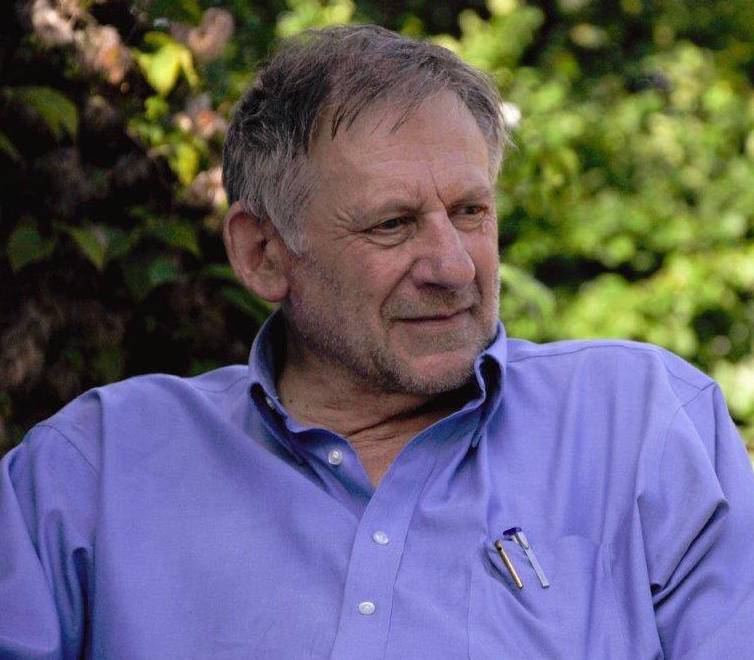
The real peeve that remains unstated, is the investigation into the role Tahawwur Husain Rana, a Pakistan-born doctor-businessman, who facilitated funds and travels of David Coleman Hadley who paved the path for the 2008 Mumbai terror attack. Canada is cooperating with the US into the probe.
Canada was active in fighting the “war on terror” in the region along with the NATO allies from end-2001 to 2014.
As for Alexander, he should know the Afghanistan-Pakistan scene. He spent 18 years in the Canadian Foreign Service, and served as Canada’s first resident Ambassador to Afghanistan from 2003 to 2005. Following this he served as a Deputy Special Representative of the United Nations Assistance Mission in Afghanistan till 2009.
His comments that have riled Islamabad are not new in that they appeared in an article in The Hill in March this year. He has since been since giving interviews and is airing his views on the social media.
He traces the ISI’s role in Afghanistan 1970s onwards, through the anti-Soviet Jihad, support to the Mujahideen, then to the Taliban and all through the “war on terror” campaign and the hosting of Al Qaida leader Osama bin Laden. “Even after the al Qaeda kingpin was killed in 2011 on Pakistani soil, ISI proxies moved aggressively to re-take territory lost in Afghanistan during the Obama surge. Pakistan’s proxy war has been an open secret ever since.”
Of the ISI’s role in the region, Alexander writes: “In Afghanistan alone, ISI’s proxy war since 2001 has killed over 124,000 people.”
The angry rejection of Alexander’s views by the Pakistan Foreign Office has been ridiculed by sections of the Pakistani media who say the government is trying to hide its support to the Taliban, which is an open secret.
In an opinion piece in Dawn (July 31, 20210), titled “Who Messed Up Afghanistan?” Pakistani analyst Pervez Hoodbhoy writes that right from the 1970s, “Pakistan’s Afghan policy single-mindedly centred on the quest for strategic depth against India. And so for decades the Taliban leadership, fighters and their families were provided residence, healthcare, and protection by Pakistan. No one believes us when we claim otherwise.”
Pakistan’s security analysts also have expressed views that do not support the government line. Ahmed Rashid, a prominent Afghanistan expert, told DW, the German media outlet in an interview that the chaotic situation in Afghanistan “can suck in the neighbouring countries.”
“If that happens, that will be the end of Afghanistan,” he said. He also said the Taliban would not engage in a dialogue with Ghani’s government “as long as the Pakistani military and intelligence continue to give them sanctuary.”
“Why should they when their leaders and their families are safe? If Pakistan wants to show its sincerity, it needs to immediately force the Taliban leaders to either compromise or leave their sanctuaries in Quetta or in Peshawar,” Rashid said.
Ayesha Siddiqa, a prominent Pakistani security analyst and strategic affairs expert, told DW that Pakistan’s military generals “are confused and divided between their hope that they will manage the Taliban and a realization that not everything will be under their control.”
READ MORE: Protest Against Pakistan’s Proxy War in Afghanistan
READ MORE: ‘Taliban takeover will turn Afghanistan into pariah’




